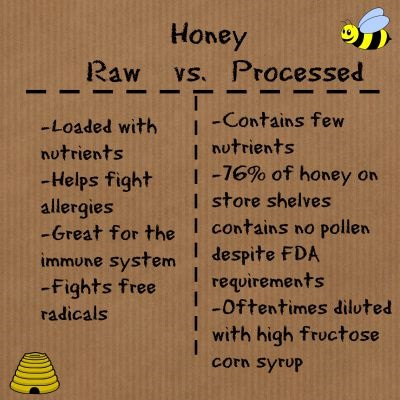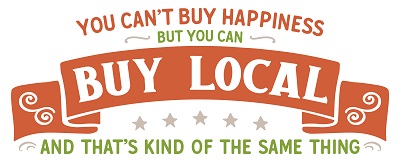 What we know as honey is a natural food produced by bees as food for their larvae and their queen. Bees gather nectar from flowers in the field and when they come into the nest, and they produce the honey from their own bodies.
What we know as honey is a natural food produced by bees as food for their larvae and their queen. Bees gather nectar from flowers in the field and when they come into the nest, and they produce the honey from their own bodies.
They make honey combs, which are like wafer-thin crackers that are full of nutrients. The honeycombs mimic small shelves with cubby holes and each cubby hole works like a crib for each baby bee. As the baby bees grow and develop, they eat the honey comb and the honey. To baby bees, honey is the equivalent of human breast milk, which is a human baby’s first food.
One amazing fact about honey aside from its accessibility to humans and even to grizzly bears is that it has been used by humans since the time of recorded history. Honey has been found in the tombs of the Egyptians pharaohs and they have not spoiled.
Here lies the great nutritional benefit of honey – it does not spoil and it actively resists microbial contamination and spoilage.
Great men of history, such as Elijah and John the Baptist, during the time of their sojourn or exile in the desert, ate honey for their sustenance.
Hikers, scouts, hunters and soldiers who have to forage for food usually eat the honey that they because it is a complete food that will sustain them until they can get regular meals.
Nutrients Provided by Honey
- Honey is rich in calories and it is used by athletes as a substitute for refined sugar.
- Honey is also rich in protein, vitamin C and iron.
- Honey is an antioxidant that helps our bodies repair tissues and protects cell health.
- Honey has antibacterial and antifungal properties.
- Honey is high in fiber and can help digestion.
Uses for Honey Other Than Food
- Honey can be used as a cleansing agent: it is used in beauty salons and spas for facials and facial masks. Its thick and sticky consistency can help lift blackheads and other impurities lodged in the skin pores. A honey facial leaves the skin clean, clear, soft and supple.
- Honey can also be used as a moisturizer or conditioner for the hair. It helps soften the hair cuticles and aids in the repair of the end of the hair shaft to prevent split ends. Used like a hot oil treatment and left in the hair under a shower cap, the honey will work to repair course and brittle hair.
- Honey is used as a home remedy for sore throat and for coughs especially when it is mixed with lemon and taken by the spoonful. Equal parts of lemon and honey can be mixed into a cup and taken just like cough syrup. It helps get rid of phlegm and its antibacterial properties can help reduce the amount of bacteria in the throat.
Honey Instead of Sugar
Honey is recommended for diabetics as a substitute sweeteners. Although it is very sweet, it is not like refined sugar as it is nutritionally dense. That is, for each tablespoonful of sugar and honey, honey would have more nutrients than sugar. So, even if it will likely raise one’s blood sugar level, it has nutritional benefits like protein, vitamin C and iron that is not present in sugar. Thus, honey is a better sweetener than sugar.
It is also a type of sweetener that takes a longer time for the body to process and break down. This means that unlike refined sugar which will make your blood sugar level suddenly rise and peak and then suddenly drop off (a sugar shock), honey is more slowly burned, thus ensuring a more efficient source of energy for a longer span of time.
People who engage in vigorous workouts, such as, those engaged in body building and strength training and triathlon training eat honey for a modified release of glucose to power and fuel their workout.
Is Honey Safe?
Honey is not recommended for children younger than two years old as babies may develop a sensitivity towards honey. Since it is rich in protein, just like nuts and soy, young children with underdeveloped immune systems may develop a sensitivity or allergic reaction to honey.
Adults who may have a sensitivity or allergic reaction to bee stings may also have a sensitivity to honey.



